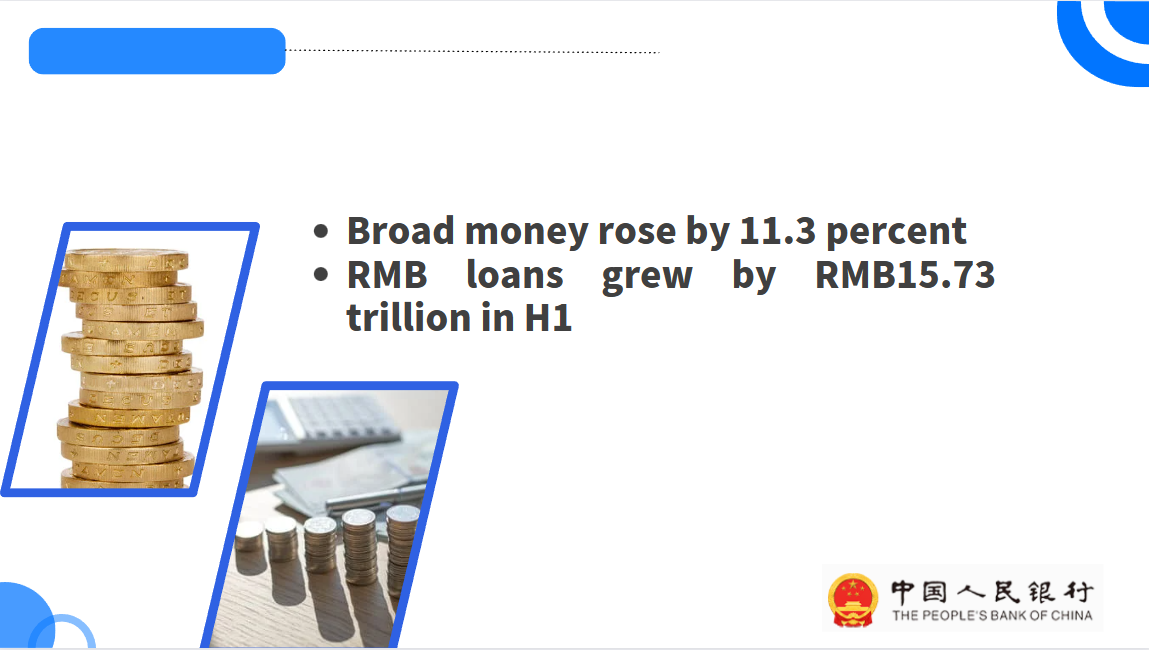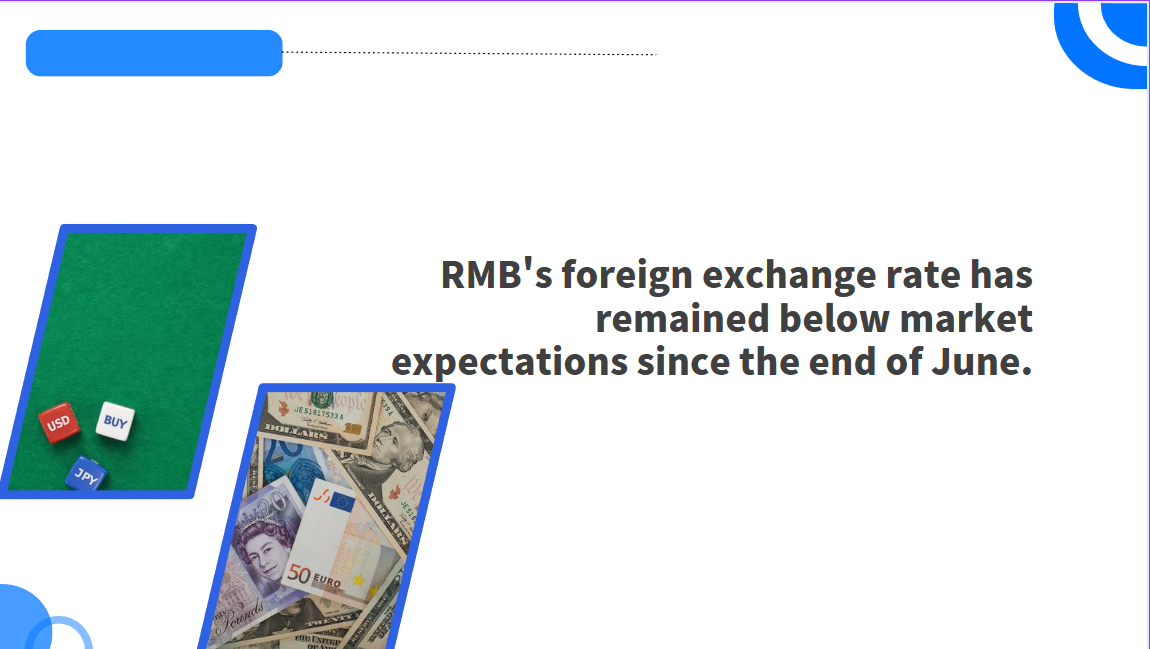FSB outlines next steps on climate roadmap, following the finalisation of the global sustainability disclosure standards
The Financial Stability Board (FSB) today published its annual progress report on the FSB Roadmap for Addressing Climate-Related Financial Risks, which is being delivered to G20 Finance Ministers and Central Bank Governors meeting on 17-18 July in Gandhinagar, India. The report takes stock of progress by the FSB, standard-setting bodies and other international organisations on the actions coordinated through the Roadmap, outlines areas for further attention, and provides updates to the detailed Roadmap actions.
Steady progress has been made across all four blocks of the Roadmap:
Firm-level disclosures: The publication by the International Sustainability Standards Board (ISSB) of its final standards, IFRS S1 on general sustainability-related disclosures and IFRS S2 on climate-related disclosures, is a substantial achievement. The final standards will serve as a global framework for sustainability disclosures and, when implemented, will enable disclosures by different companies around the world to be made on a common basis. A key priority is now the swift consideration by the International Organization of Securities Commissions (IOSCO) of endorsement of the standards for authorities to adopt, apply or otherwise utilise in a robust and timely manner, reflecting each jurisdiction's circumstances. The FSB has asked the ISSB to take over from the Task Force on Climate-related Financial Disclosures the monitoring of the adoption of climate-related disclosures by firms. Next steps include promoting interoperability, in order to avoid firms’ double reporting, and the development of a global assurance framework for sustainability-related corporate reporting to drive reliability of the disclosures.
Data: Work has continued to focus on improving the availability, quality and cross-border comparability of climate data. An important goal is to develop global repositories that provide open access to data and would facilitate the use of metrics that reflect climate-related risks consistently and reliably across sectors and jurisdictions. Further work is also needed to develop metrics that measure climate-related risks in a forward-looking manner.
Vulnerabilities analysis: Progress is being made on the development of conceptual frameworks and metrics for monitoring climate-related vulnerabilities. Further work is needed to embed climate scenarios in the monitoring of financial vulnerabilities and to develop understanding of the cross-border and cross-sectoral transmission of climate shocks in order to obtain financial stability insights.
Regulatory and supervisory practices and tools: Initiatives on embedding climate-related risk into risk management and prudential frameworks are ongoing and capacity building remains an important focus. There is growing interest in the role of transition plans of financial institutions and non-financial corporates not only in enabling an orderly transition, but also as a source of information for financial authorities to assess micro- and macroprudential risks. The FSB is setting up a working group that will, as an initial task, develop a conceptual understanding on the relevance of transition plans and planning by financial and non-financial firms for financial stability. With many initiatives having started or being considered, it will be important to ensure close coordination among the FSB, SSBs and other relevant bodies.
Across all blocks of the Roadmap, financial institutions' progress in addressing climate-related financial risks relies on the non-financial corporate sector making similar progress, including in the areas of firm-level disclosures, addressing data gaps and transition plans.





















































First, please LoginComment After ~